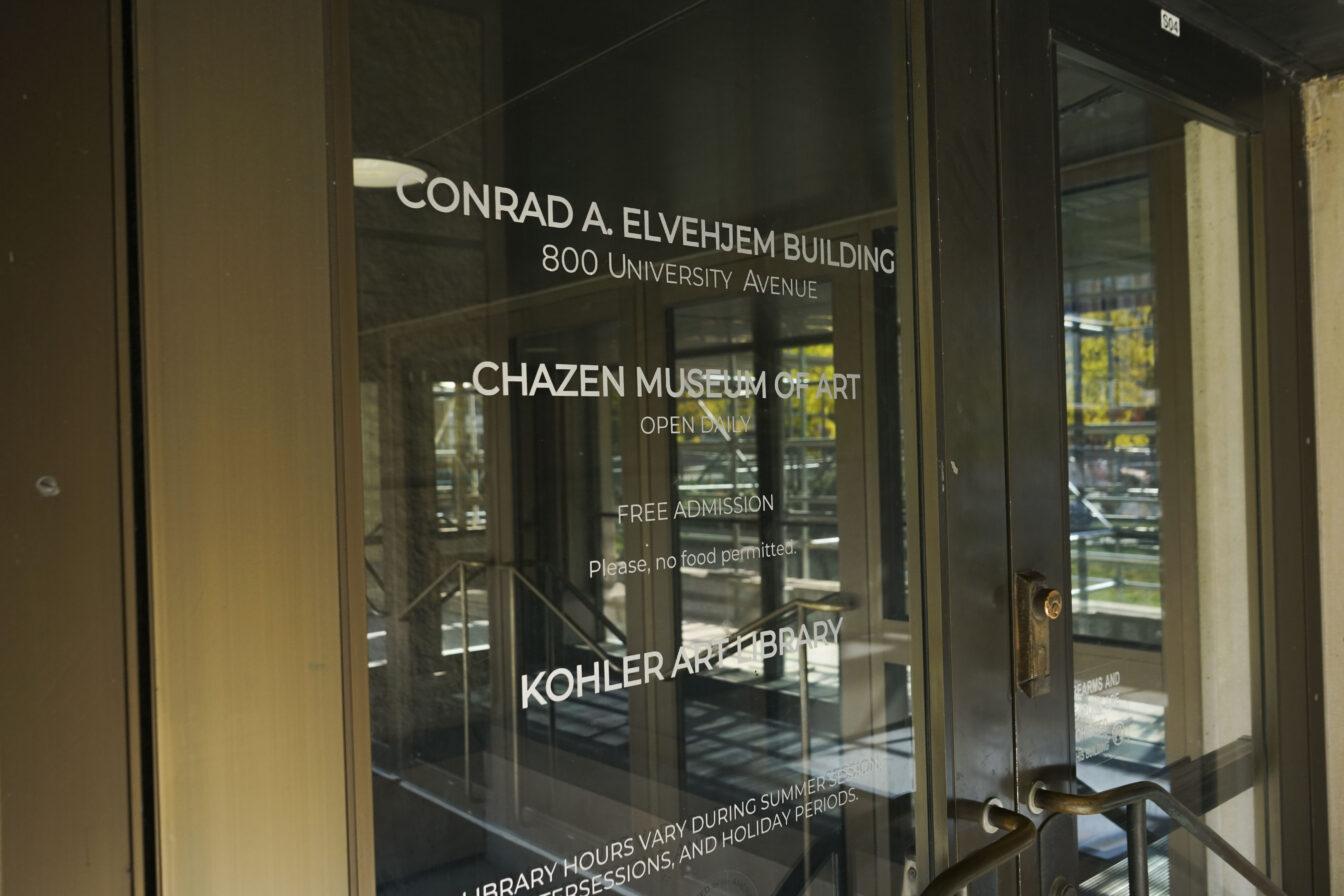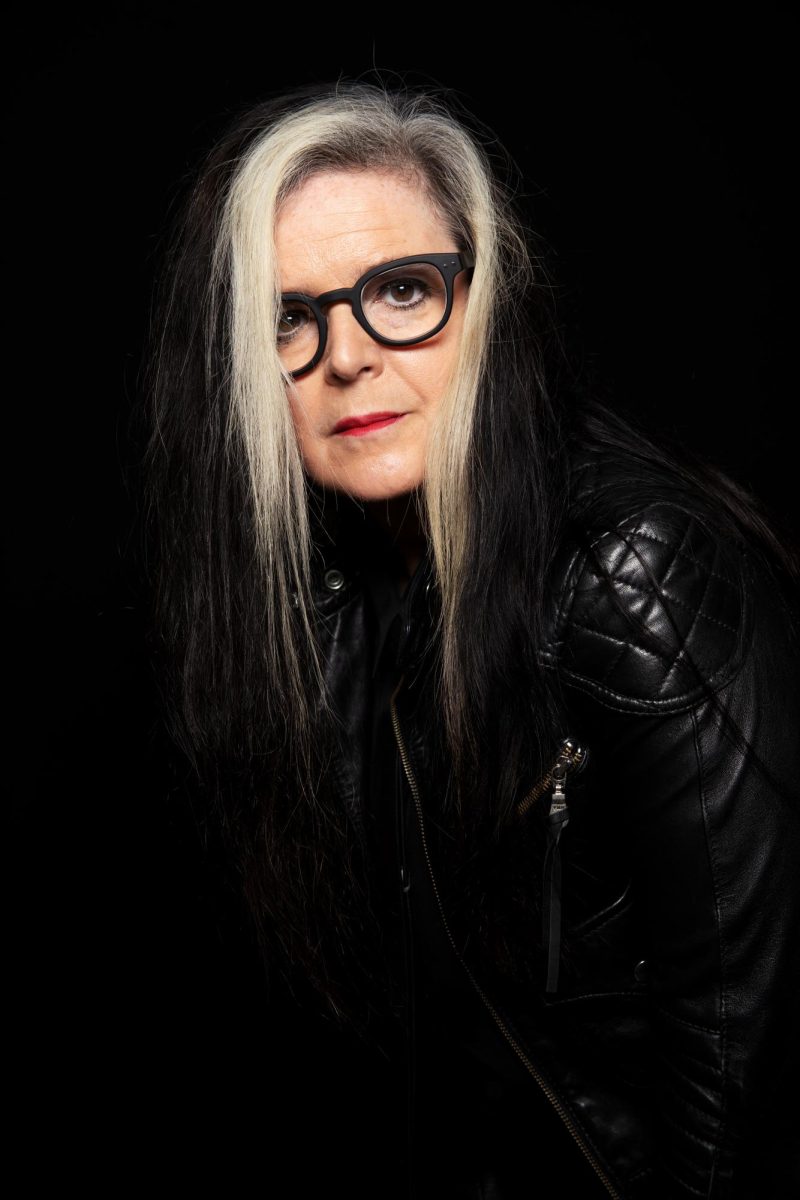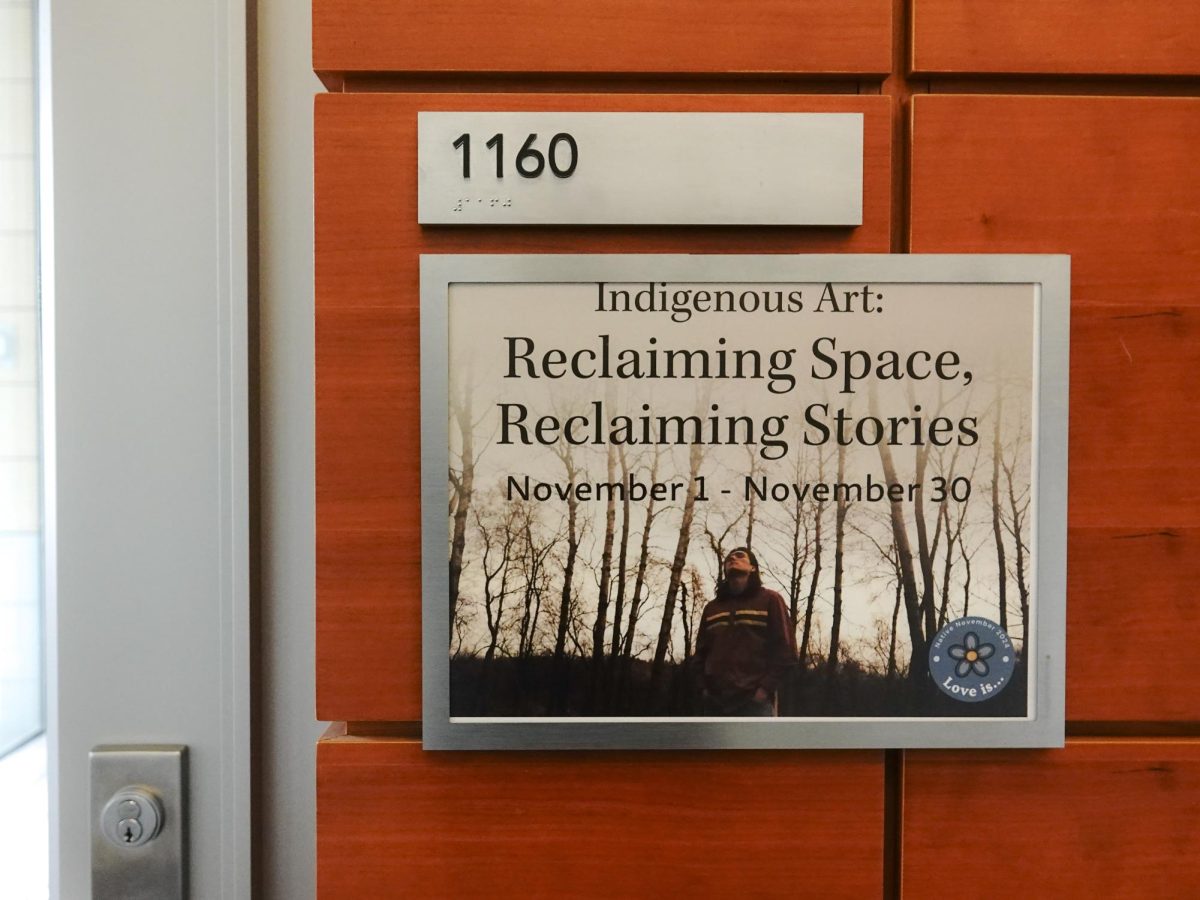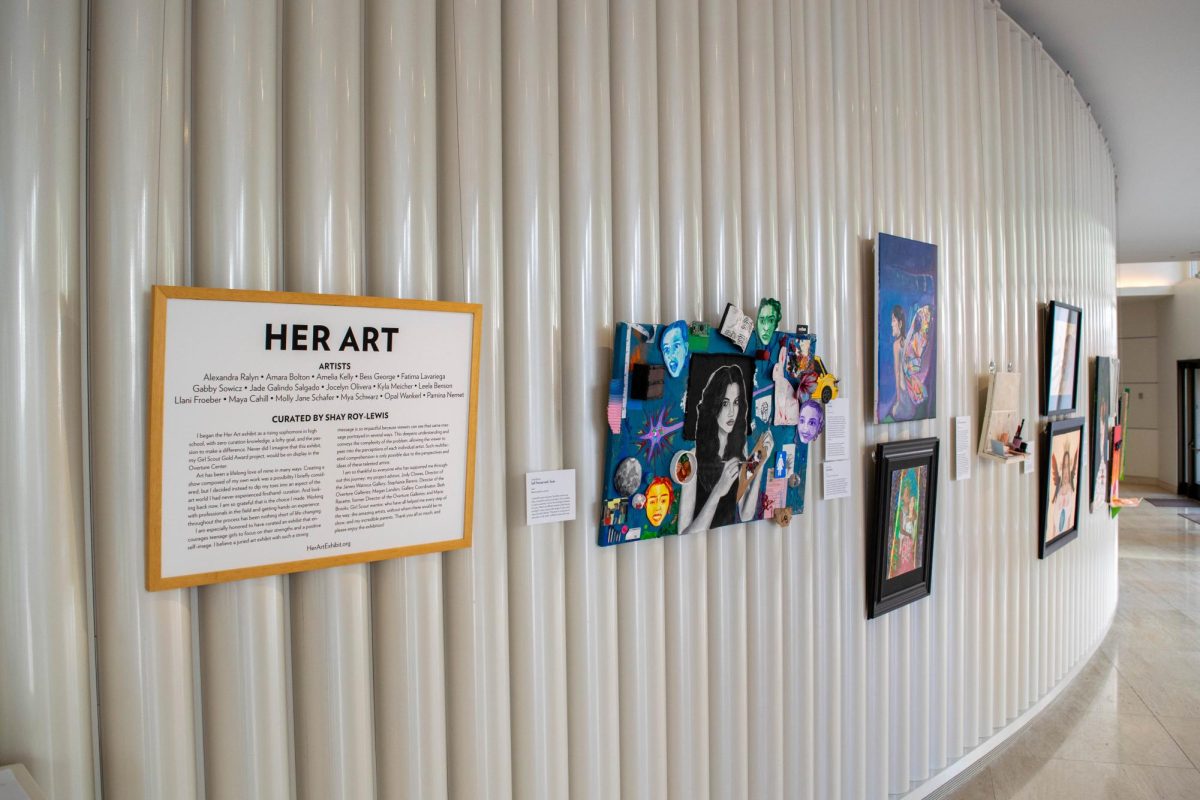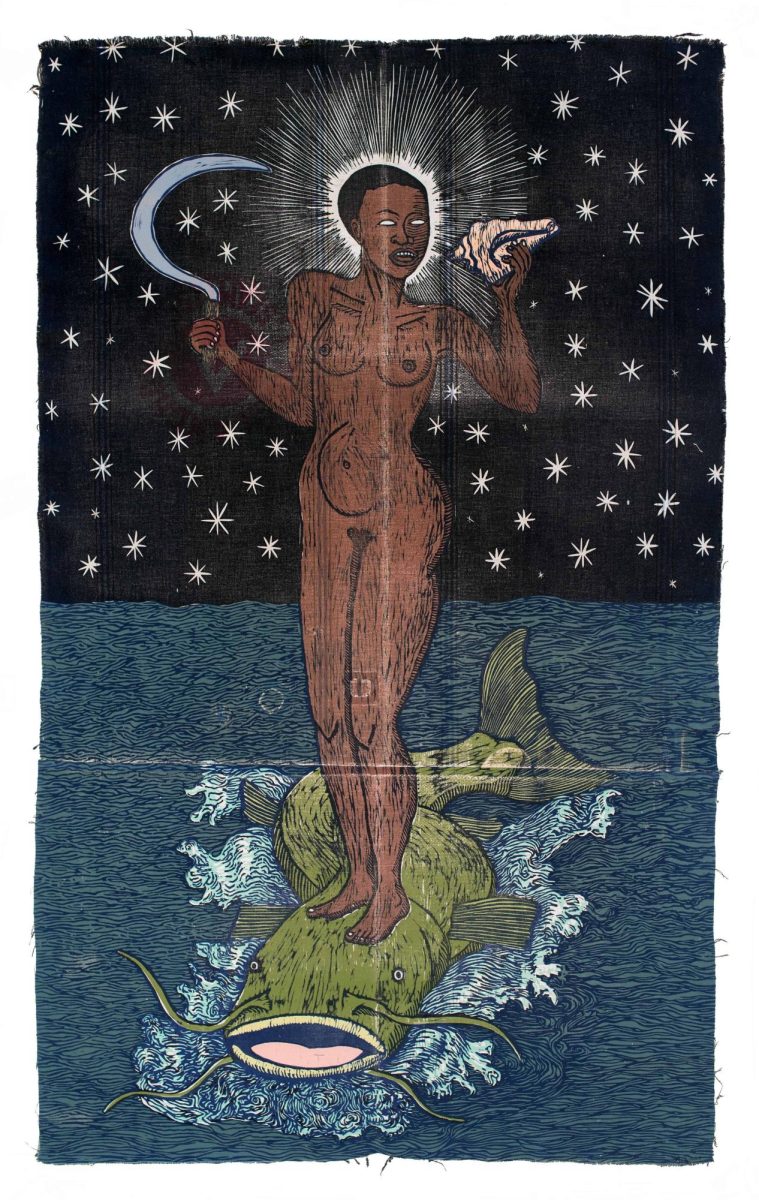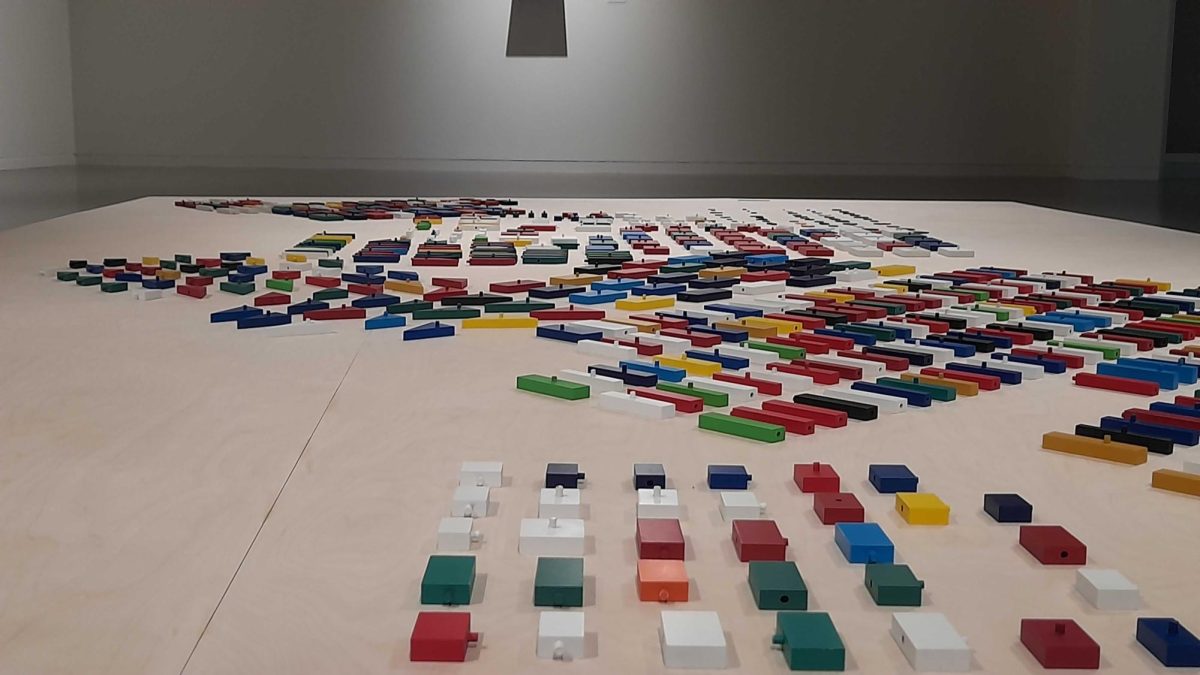Wednesday, Oct. 25, the University of Wisconsin Art Department will host artist and activist Jen Rae through the Visiting Artist Colloquium. The event will occur from 5-6:15 p.m. at the Conrad A. Elvehjem Building and is open to the public in-person or online via zoom.
The Visiting Artist Colloquium is the first and only one of its kind, according to the UW Madison Art Department website. It has been running for over 40 years, hosting a variety of professionals in the art industry. From artists to art critics, gallery directors and museum directors, the program has exposed young artists to all aspects of the industry.
The lecturer is able to present however best suits their medium and speak individually to classes. With additional workshops, presentations or critiques, the lecturer nurtures and gives back to the UW community. Since its inception, the program has hosted creatives from all over — not just from the Madison area. Rae is the seventh lecturer this semester.
National Gallery of Art exhibit shows UW professors’ artwork to world
On her website, Rae describes herself as a practice-led researcher. She is what’s called a creative researcher, someone who explores a topic through performance, novel, drawing or other works of art. The crux comes when the artist-researcher does not simply stop at the creation of a work, but instead analyzes its meaning and nature in light of a greater purpose. There are many types of artistic research, and the definition changes depending on the practitioner and question being posed.
To Rae, artistic research is centered around the creative processes in the hopes of inspiring an impact and social change. Art becomes a tool for collaboration and amplification of ideas into a form that is readily accessible outside of traditional research or contemporary art contexts.
In Rae’s case, her expertise is in the field of environmental art. She focuses on environmental change such as the current climate crisis, food justice, disaster resilience and relief as well as future planning. She specifically focuses on understanding the roles artists have to take on in response to this ever-changing world.
“Climate change was this thing that people didn’t know very much about … that wasn’t in the public imagination back then,” Rae found while reflecting on her early career.
She was initially inspired to raise awareness through her art about those issues that felt so impactful in life.
To Rae, it seemed there was a place for creative practices to help address environmental problems and engage people outside of the science community.
“Every year, the UN chief always says some news bite,” Rae said. “And that little news bite just kept getting worse and worse and worse. And in 2015 it just hit me that disasters are very likely.”
Nation of Language absolutely rocks out to pensive synth-pop
She was further noticing all the efforts to help and solve disasters seemed to only mitigate the effects, not push for adaptation. That distinction and understanding led her to projects and research about disasters and how it will become necessary in the future to better adapt to them.
That interest led to one of the many collaborative projects in which Rae has participated. She was one of the core artists on the team for the multi-year project hosted by Arts House Melbourne called Refuge.
In this project, artists and emergency workers collaborated to explore what role creativity plays in disaster preparedness and preemptive relief.
Rae’s piece for the final publication of the project was called “Unfinished Business,” and featured a black box filled with notebooks, hard drives, instruction sheets from ideations within the project, food cards and even confession cards from volunteers for another one of the works in the Refuge project.
According to the project’s page on her website, Rae’s goal for “Unfinished Business” was to show the “trajectory of prescient thinking” the artists worked through to imagine scenarios where disaster relief might become necessary.
The box became a sort of time capsule, as well as a vessel of hope to any who find it while experiencing a disaster, as it carries forward messages of reassurance and instruction alike.
Rae is also a co-founder of the Centre for Reworlding, an organization which brings together Indigenous, people of color, settler, LGBTQIA2S+ thinkers and change-makers working at the intersections of climate change, disaster risk reduction and resilience.
They hold workshops, events and support projects. One of Rae’s own writings coined the term “reworlding” and refers to the idea of the unknown future, of taking an ending as a new beginning, with endless possibilities and chances ahead.
Currently, her focus is primarily on working with the Centre for Reworlding and Fair Share Fare.
“The Centre brings Indigenous pedagogies to communities and helping people who don’t normally collaborate or listen to each other,” she said. “How do we come together to … prepare for the future?”
Food security and Indigenous food sovereignty has been the subject of most of her recent work, according to Rae, which will be the focus of her Pimîhkân/Pemmican workshop held during her time at UW–Madison.
Rae will also be visiting some of the art classes on campus during her time here to provide individual portfolio critique.
Rae first suggested acceptance of the current climate situation and next to approach the world with humility and kindness when asked if she has any advice for artists in this modern world.
“Abundance, not scarcity and fear,” Rae said. “Everybody has a role in this.”
At her talk Wednesday, Rae will speak on those steps and unpacking the “how” in disaster management and preparedness. She will be covering real-life applications, such as “Fawkner Commons,” a COVID-19 response food hub in a heavily impacted suburb in Melbourne, and the trajectory of change and impacts of her work over the last several years.
Find more information about the event on the UW Arts Department website.


